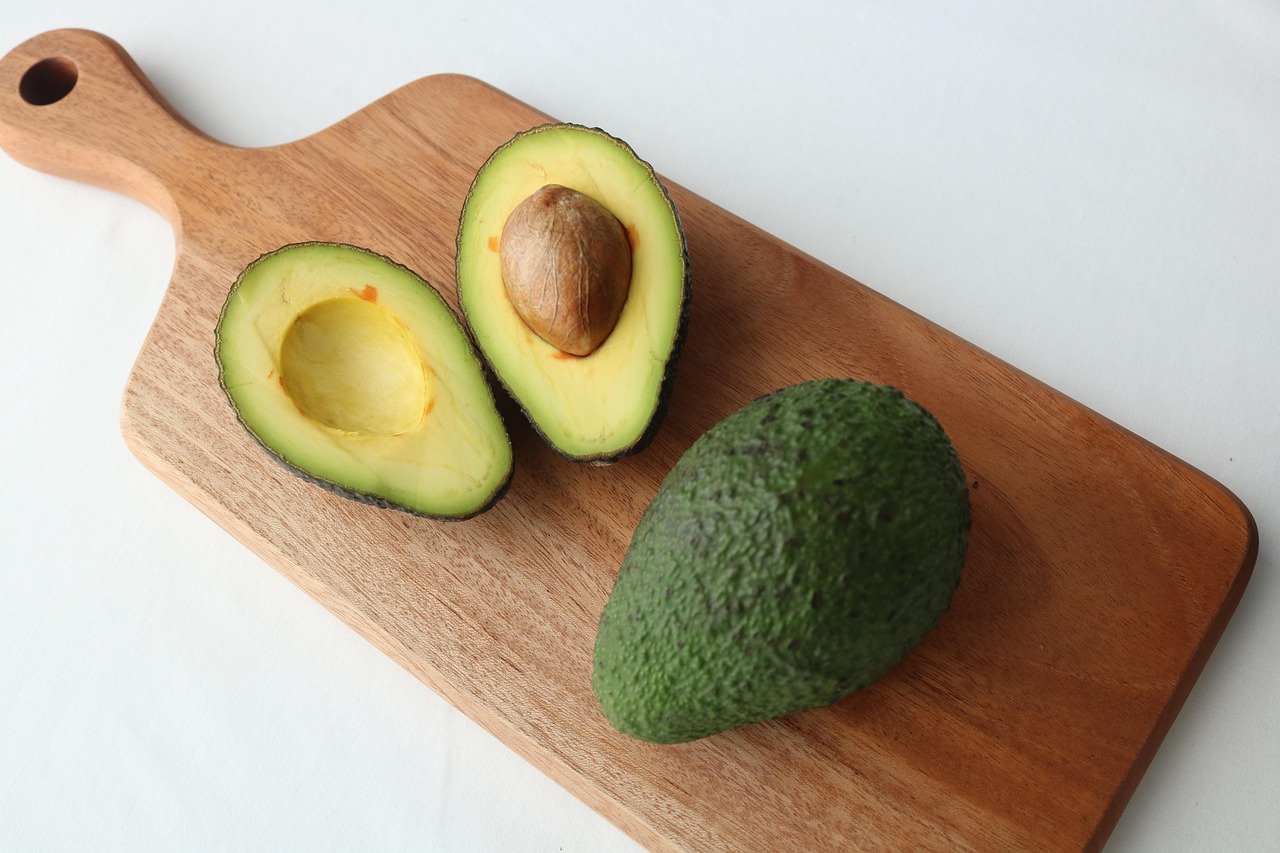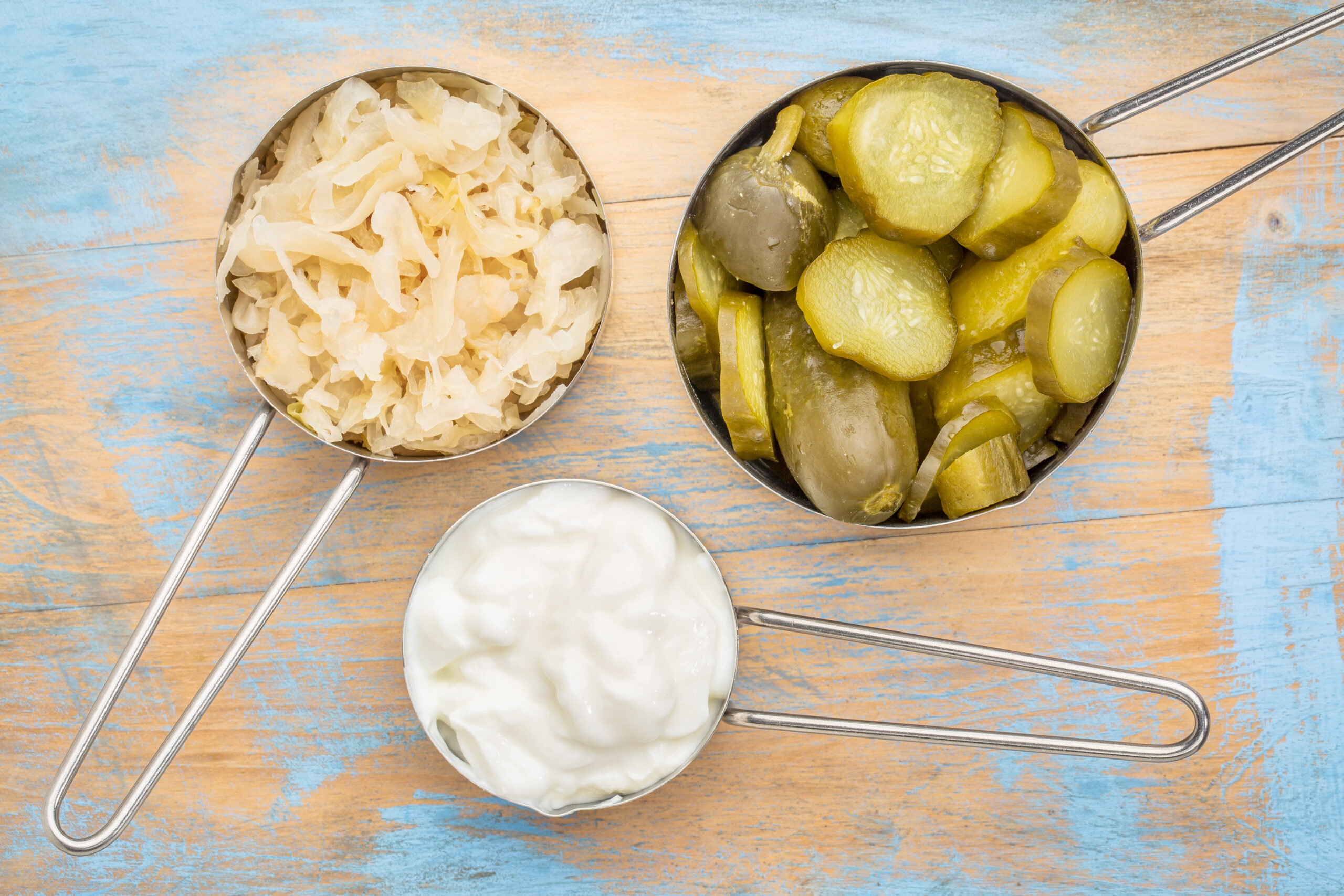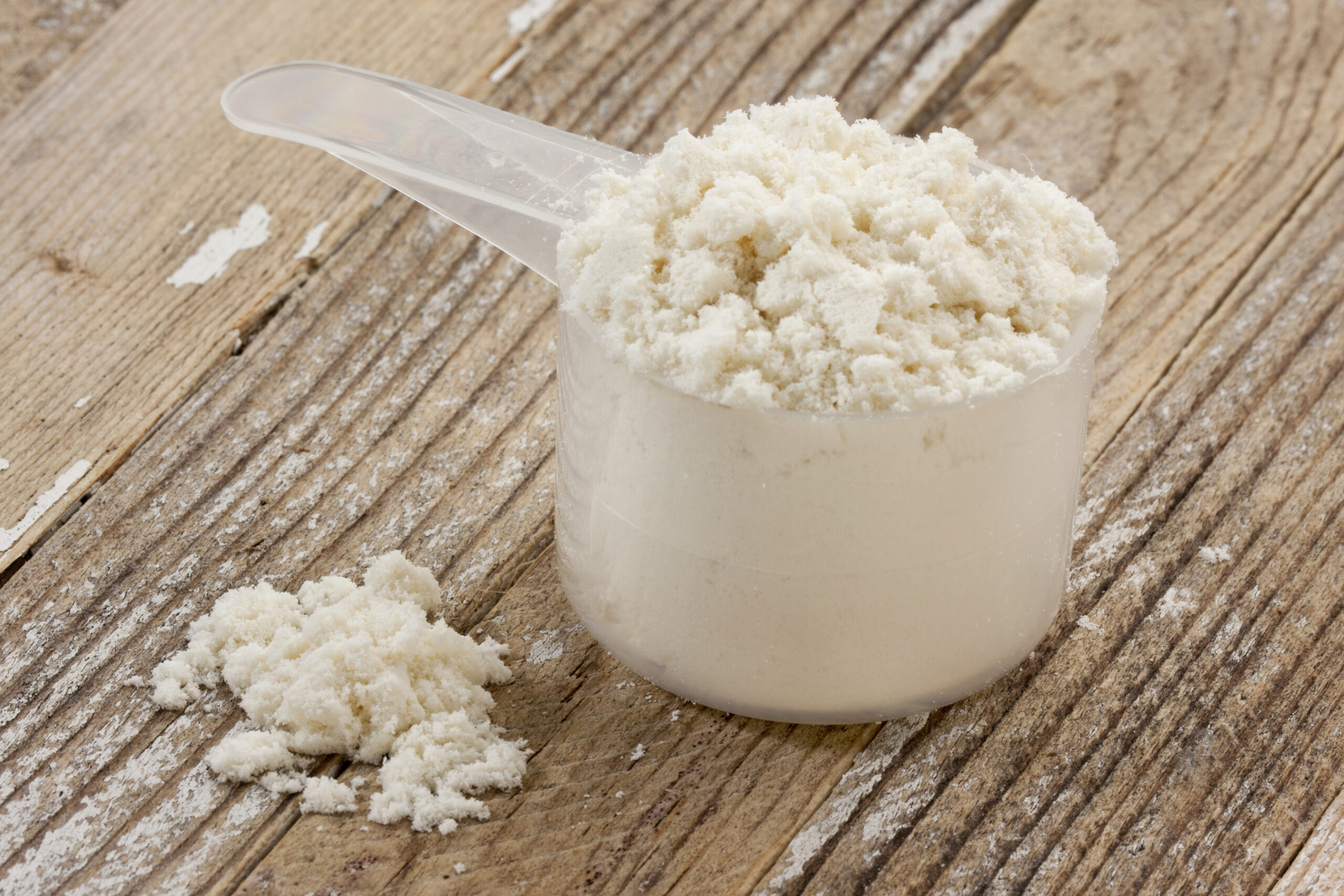Just a couple of decades ago, avocados weren’t a staple in most households outside of a few specific cuisines like Mexican and, by extension, Californian. Fast forward to today, and they’re practically a wellness icon, starring in everything from toast to smoothies to skin-care diets. Their rise to fame has been swift and glossy, with some dubbing them the ultimate superfood.
But does their nutritional clout actually deserve the title? Let’s cut through the buzz and explore what eating avocado regularly really does for your body — and how much you really need.
Why Avocados Are Worth Eating
Heart Health
When people think of avocados, they usually think of heart health first — and for good reason. Avocados are packed with monounsaturated fats, particularly oleic acid, which helps lower LDL (bad) cholesterol and raise HDL (good) cholesterol. They’re also a top-tier source of potassium, even outpacing bananas gram for gram, helping to regulate blood pressure and reduce cardiovascular strain.
Skin Glow
Avocados are one of the best foods you can eat for your skin. Their rich content of vitamin E, a powerful antioxidant, helps combat oxidative stress that contributes to skin ageing and dullness. Plus, they contain lutein and zeaxanthin — carotenoids that protect the skin from UV damage and support collagen production.
Although they’re often associated with tropical or hot-weather cuisines, avocados are ideal for those living in cooler climates. Their healthy fats support the skin barrier, locking in moisture and reducing dryness, flaking, and irritation — all common issues in colder weather and centrally heated indoor spaces. Plus, their fat content helps your body absorb fat-soluble, skin-supporting nutrients like vitamins A, D, and K.
Bottom line? Avocados are like edible skincare — hydrating, protective, and glow-promoting from the inside out.
Gut Health
Avocados contain around 10g of fibre per fruit. This is a mix of soluble and insoluble fibre that feeds your gut bacteria and supports digestion. They also include natural polyols, which can function as mild prebiotics.
Remember, a healthy gut isn’t just about digestion. It’s also a major player in your skin health. An imbalanced microbiome can contribute to inflammation, breakouts, and even conditions like rosacea. By supporting gut flora and reducing inflammation at the source, avocados help create a clearer canvas on your face.
Blood Sugar Control & Satiety
One of avocado’s most underrated talents? Keeping you full. The unique combo of healthy fat and fibre slows digestion, prevents blood sugar spikes, and extends satiety.
This means fewer energy crashes and cravings. For anyone navigating insulin sensitivity, hormonal swings, or stress-induced snacking, adding avocado can make meals feel more stable and satisfying.
Brain & Mood
Finally, Avocados are a gentle ally for brain health thanks to their high folate content and stable fat source. Folate supports neurotransmitter production (think: serotonin, dopamine), while fat provides long-lasting energy without the mental fog or spike-crash cycle of a carb-heavy meal. The result? Calmer, clearer focus and more stable moods.
How Much Should You Eat?
So, you’re sold on the health benefits, but what’s a healthy amount to eat? After all, avocados are calorie-dense, and more isn’t always better.
Half an avocado a day hits the sweet spot for most people. It gives you roughly:
- 120–140 calories
- 10–12g of monounsaturated fat
- 5g of fibre
- A big hit of potassium, vitamin E, folate, and magnesium
That’s enough to support skin, satiety, hormones, and overall health without tipping into excessive calories, especially if you’re also eating other fat-rich foods.
You can eat more than this occasionally, but regularly eating one or more whole avocados a day might not suit everyone, especially if you’re not adjusting elsewhere.
The Effortless Avocado Habit
We all know certain foods are good for us, and yet, we often struggle to eat them regularly. The key to getting nutrient-rich foods like avocado into your diet consistently is to weave them into your routine, to make them part of your habitual eating practices.
Here’s how to make daily avocado a no-brainer — by tapping into the fundamentals of habit design:
- Make it obvious: Keep ripe avocados in plain sight or a visible fruit bowl.
- Make it easy: Buy in different stages of ripeness, prep in advance, or portion in halves.
- Make it rewarding: Pair it with your favourite toast, spice mix, or use it to anchor a feel-good breakfast.
- Start small: No need to overhaul your meals — just add half to something you already eat.
- Make it satisfying: Finish on a high. Plate it nicely, enjoy a flavour you love, or tick it off a habit tracker for that little hit of accomplishment.
Practical ways to work it in:
- Add ½ avocado to morning eggs or toast
- Mash it with lime, salt, and garlic for an easy topping
- Blend into smoothies (especially with cacao or greens)
- Slice into salads or grain bowls
- Use as a fat source in wraps or lettuce cups
- Turn it into a 3-minute guac to serve with veggies or on rice cakes
- Eat it plain as a hunger-curbing snack.
- Store the unused half with a squeeze of lemon in a sealed container
- Buy them in different stages of ripeness so you always have one ready
Slice of Life: Half an Avo a Day Really Works!
So, remember, you don’t need fancy powders or trendy supplements when real food does the job. Half an avocado a day supports heart health, skin radiance, stable mood, and a happy gut! With a few tweaks and smart habits, it can become second nature.
Your glow starts on the plate.



